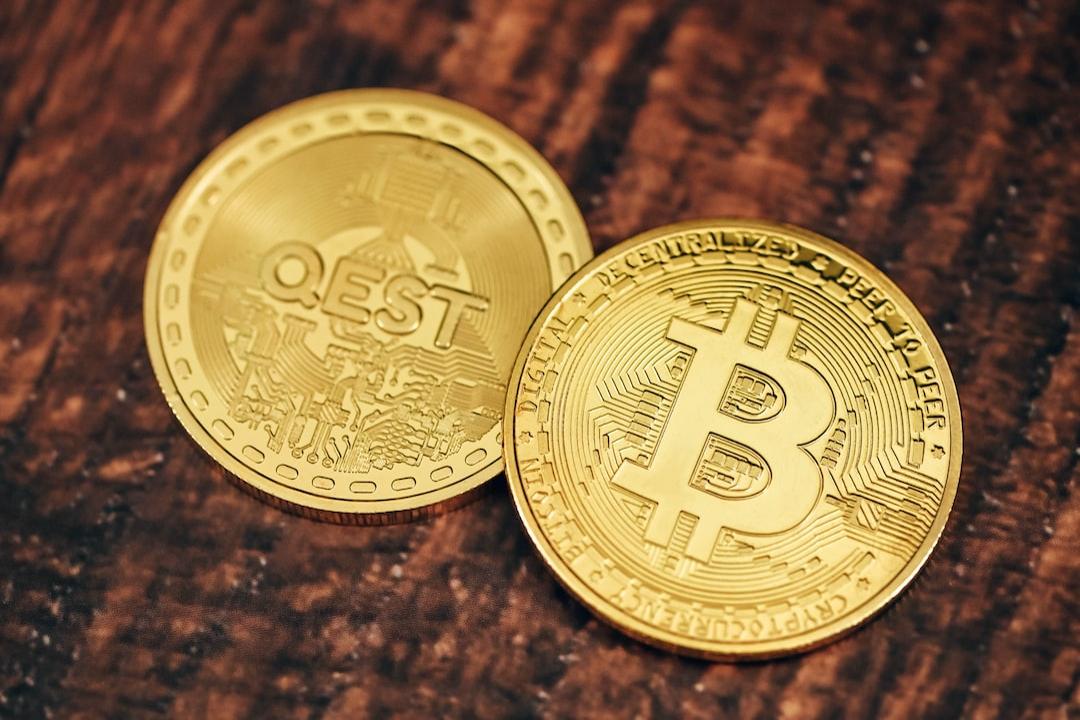Yang Chin-long, Governor of the Central Bank, Issues 7 Statements to Stabilize the Exchange Rate
After a sharp rise of 3.07% on the 2nd and the largest single-day increase in nearly 40 years, the New Taiwan Dollar surged over 1 unit on the 5th, breaking the 30 unit mark and closing at 30.145 NTD, a 9.19% increase, once again becoming the focus of the exchange rate market.
With the New Taiwan Dollar soaring for two consecutive days, Taiwan’s factories are suffering, coinciding with the completion of the Taiwan-US tariff negotiations. On the afternoon of the 5th, Governor of the Central Bank, Yang Chin-long, personally issued seven statements, attributing the rapid rise of the New Taiwan Dollar to the temporary suspension of tariffs, the influx of foreign capital into Taiwan’s stocks due to the stock market rebound, and exporters’ anticipation of the New Taiwan Dollar appreciation, significantly increasing the supply of US dollars, leading to exchange rate fluctuations unrelated to the United States.
Yang Chin-long: The rapid rise of the New Taiwan Dollar stems from psychological expectations, not currency rate issues in tariff negotiations
“Exchange rates are determined by market supply and demand. This time, it is obviously market comments that have led exporters to have a strong expectation of (NTD appreciation), which I personally believe is an undesirable excessive fluctuation,” explained Yang Chin-long. After Trump announced a 90-day suspension of tariffs, foreign capital returned to Taiwan’s stocks, while the market anticipated NTD appreciation and sold US dollars, increasing the supply of US dollars, leading to the rapid rise of the New Taiwan Dollar. The Economic and Trade Office of the Executive Yuan stated on the 3rd that the first round of substantive negotiations on equal tariffs with the United States in Washington ended on May 1, sparking speculation about exchange rate fluctuations. In response, Yang Chin-long emphasized that the Central Bank did not participate in the Taiwan-US tariff negotiations, had no exchange rate issues, and stressed that the US Treasury did not require NTD appreciation. Yang Chin-long further pointed out that Taiwan’s trade surplus with the United States after the epidemic mainly reflected strong demand for semiconductor, electronic components, servers, and other information and communication products, with the surplus increasing incrementally and unrelated to exchange rates. “We have no exchange rate factors with the United States. The Central Bank will not manipulate exchange rates and has not been listed as a currency manipulator.”
Market comments often refer to the issue of the Mar-a-Lago resort, mentioning that during tariff negotiations between the United States and major trading partners, requests for currency appreciation and the conversion of century bonds may be made. Yang Chin-long stated that White House economic adviser Stephen Miran clarified that the concept of century bonds was proposed before he joined the Trump team and is not currently a policy option of the Trump administration.
The New Taiwan Dollar has been rising sharply, but is the intervention of the Central Bank ineffective?
Bloomberg attributes the strong appreciation of the NTD to impressive economic growth figures, easing global trade tensions, while the Financial Times analyzes that the true cause of the NTD appreciation is related to the hedging needs of Taiwan’s life insurance industry holding a large amount of US bonds. However, when a currency appreciates significantly in the short term, the Central Bank can intervene in the exchange rate market in a timely manner. Over the past few decades, the Taiwan Central Bank has reiterated many times that to prevent excessive fluctuations of the New Taiwan Dollar, intervention will be taken if there are concerns about harming the financial market. Why did they let the exchange rate soar this time? Yang Chin-long responded at a press conference on the 5th, stating that the Central Bank fulfilled its duty to intervene, but the foreign exchange market is determined by supply and demand. This time, the excessive and strong psychological expectations led to the surge, even if the Central Bank intervened, it was powerless to prevent the appreciation. Despite repeated emphasis that it is unrelated to the United States, both the Financial Times and Bloomberg speculate that, on one hand, there is concern about being labeled a “currency manipulator” by the US Treasury, and on the other hand, the sensitive stage of the Taiwan-US tariff negotiations puts the Taiwan Central Bank in a dilemma. With the New Taiwan Dollar facing pressure from this wave of strong appreciation, the Taiwan Central Bank emphasized that it has fulfilled its duties. How to balance intervention in the future will continue to be the focus of the international exchange market in the near term.
This article is a collaboration with: Digital Times

